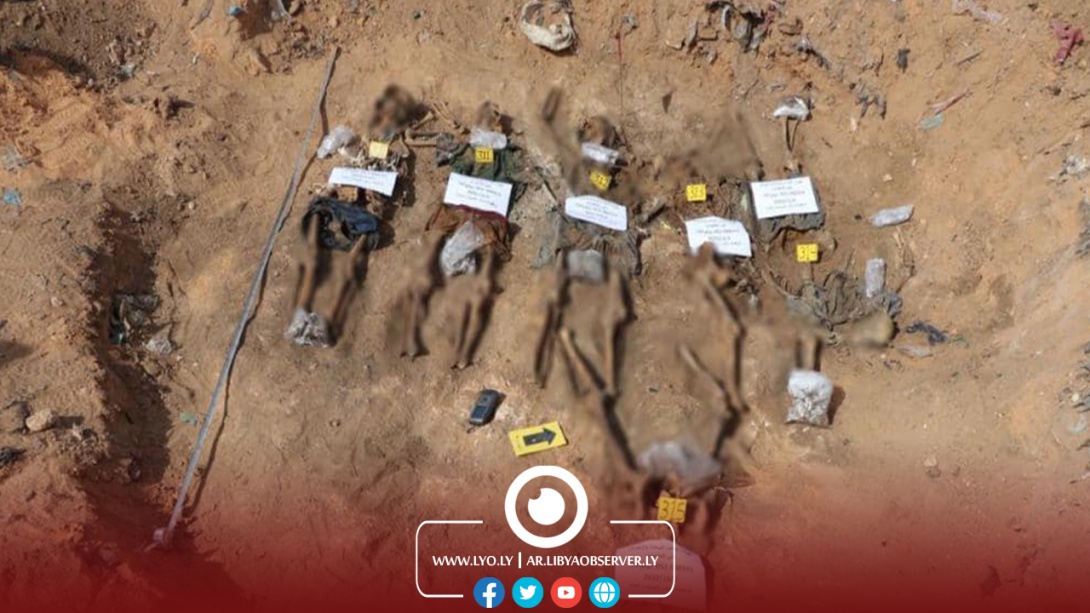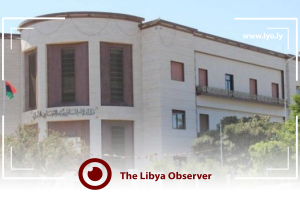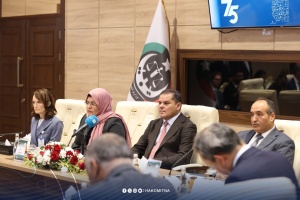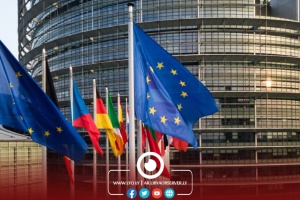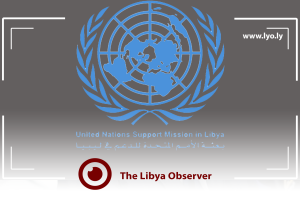In a joint paper published Thursday, Lawyers for Justice in Libya and the International Commission of Jurists have called on member states of the United Nations Human Rights Council to take urgent action to bridge the growing "accountability gap" in Libya by establishing an international follow-up mechanism to investigate ongoing human rights violations and ensure that perpetrators do not escape punishment.
This call comes against the backdrop of what the two organizations described as a "lack of political will on the part of the Libyan authorities" to ensure accountability for past and ongoing gross and systematic human rights violations and abuses.
Saeed Benarbia, Director of the Middle East and North Africa Programme at the International Commission of Jurists, emphasized that the failure to take urgent action contributes to the persistence of impunity, further entrenches the "already deteriorating human rights situation," and deprives victims of access to justice and effective remedies.
This call comes two years after the Independent Fact-Finding Mission on Libya issued its final report, which recommended the establishment of an independent international investigative mechanism and another monitoring and reporting mechanism.
However, the Human Rights Council merely requested that the Office of the High Commissioner for Human Rights (OHCHR) provide technical assistance and capacity-building to the Libyan authorities, a request the two organizations deemed insufficient.
The joint paper noted the continued deterioration of the human rights situation in Libya, with women, human rights defenders, activists, journalists, migrants, refugees, and civil society facing systematic repression.
It also highlighted the mass graves in Tarhuna as evidence of widespread crimes and the failure of the Libyan authorities to cooperate with the International Criminal Court (ICC) to hand over suspects.
The two organizations emphasized that the Office of the High Commissioner for Human Rights (OHCHR) faces significant challenges in implementing its technical assistance mandate, including restrictions on access to sites, security concerns, and a lack of meaningful cooperation from the Libyan authorities, calling for a "stronger" international mandate.

